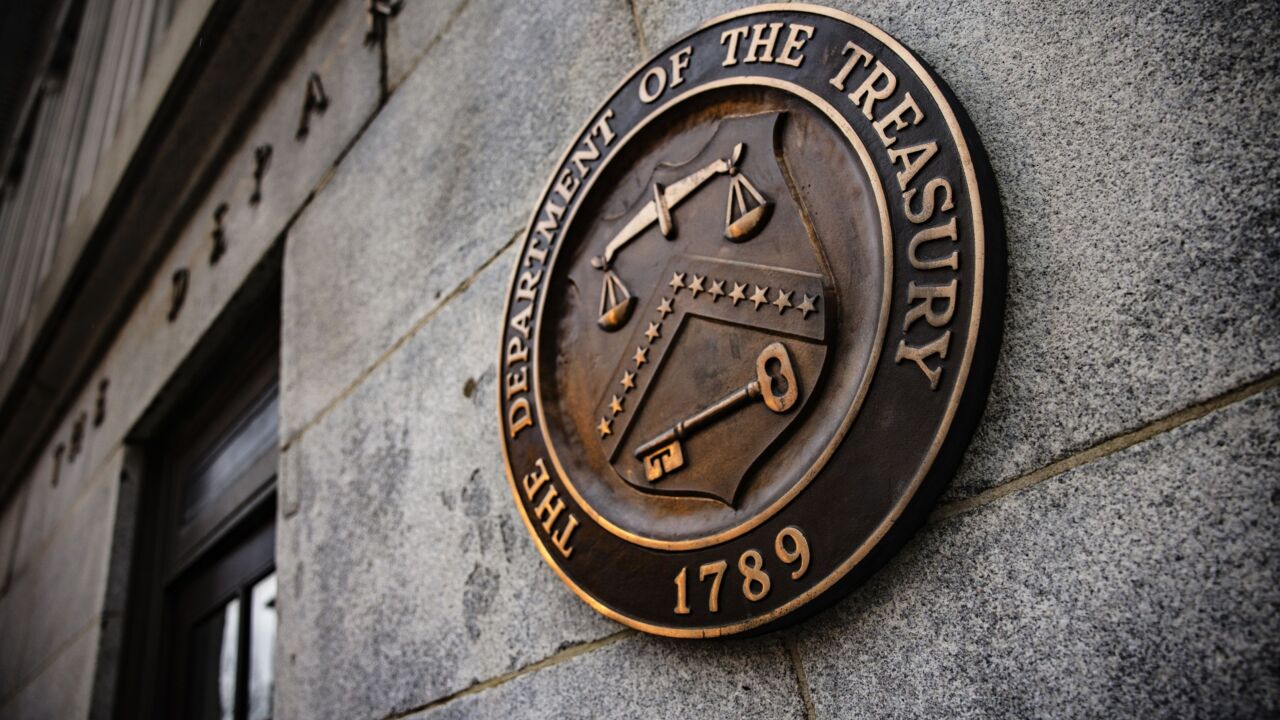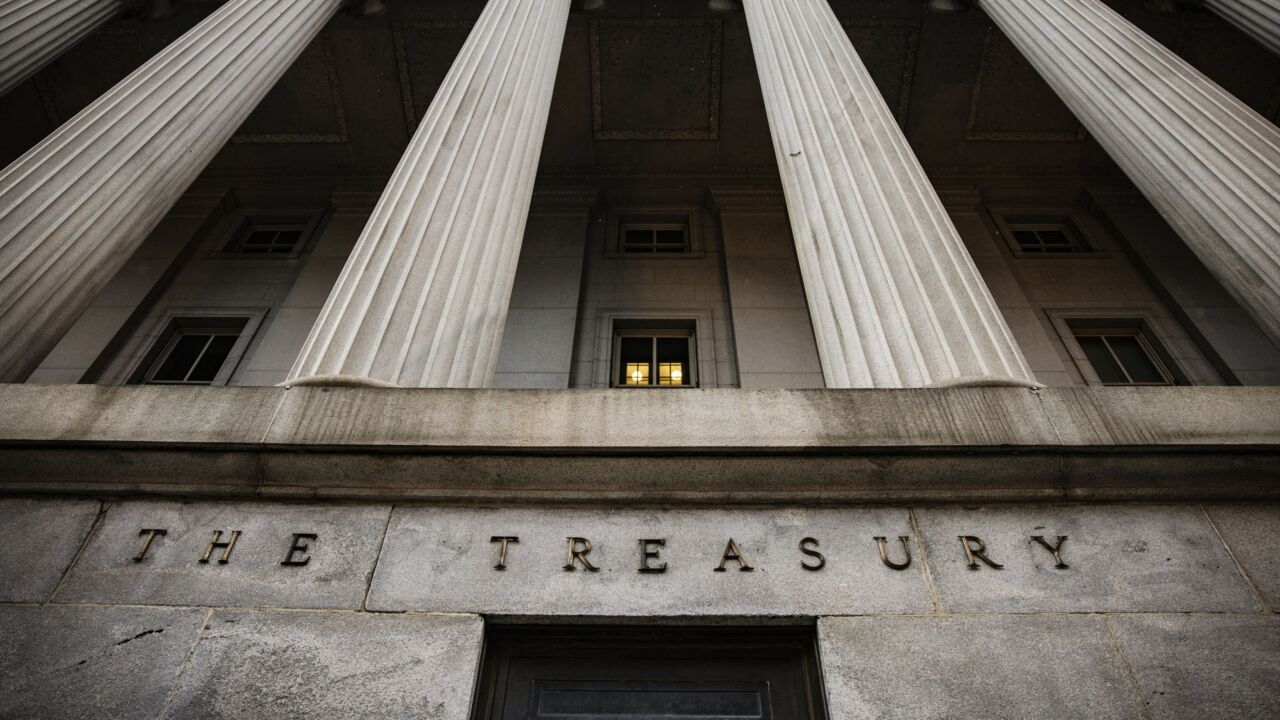The Internal Revenue Service plans to beef up its tracking of credit and debit card purchases of merchandise to spot discrepancies with the income claimed on tax returns.
A 2008 law required that debt and credit card payments be tracked by banks and third-party payment settlement organizations and reported to the IRS. The agency was then supposed to match the information with the income that business taxpayers report on their returns as part of an ongoing effort to improve tax compliance. The Treasury Department estimated the new information reporting requirement would bring in an extra $10 billion a year in tax revenue.
However, a
The report, by the Treasury Inspector General for Tax Administration noted that payment settlement entities such as banks are supposed to report the merchant card and third-party payment information to the IRS on Form 1099-K, Merchant Card and Third Party Network Payments. The report acknowledged that implementation of this new requirement would add millions of additional information reporting documents to IRS computer systems, however.
TIGTA also discovered that the IRS's redesigned tax year 2011 income tax forms may not facilitate a direct match between the sales reported on Forms 1099-K and the amounts reported on tax returns by merchants.
“We found that improvements must be made if this effort is to function as intended, which is to help reduce the tax gap,” said TIGTA Inspector General J. Russell George in a statement. “Based on our finding, the IRS immediately made adjustments to one tax form and is reviewing the other affected forms to make similar improvements.”
The law requires payment settlement entities to withhold a percentage of gross, known as “backup withholding,” from those merchants who do not ultimately provide a valid Taxpayer Identification Number and name that match IRS records. Because of the increased volume of Forms 1099-K resulting from merchant card reporting requirements, there is a risk that mismatches might not be resolved in a timely fashion before backup withholding becomes mandatory, according to the report.
TIGTA also found that the IRS’s risk assessment and implementation plan did not contain enough details about the risks and the appropriate contingencies. TIGTA auditors also found that the IRS did not properly account for the funds appropriated for the merchant card reporting implementation during the project’s initial stages.
TIGTA made five recommendations for improvement to the IRS, including better monitoring of the amounts reported for merchant card and third-party payments; inclusion of additional information such as financial reporting on future risk assessments; and additional documentation.
TIGTA also recommended that the IRS ensure that financial reporting is added to its risk assessment and implementation plan so the costs and schedules could be tracked and reported on a timely basis, and the costs could be accumulated when the resources are first used.
In response to the report, IRS officials agreed with the recommendations and are planning appropriate corrective actions. “The implementation of merchant card legislation should help to reduce the Tax Gap,” wrote Faris Fink, the commissioner of the IRS’s Small Business/Self-Employed Division. “As the reporting of merchant card payments is a new requirement, we will monitor the reporting for merchant card and third-party payments in our efforts to simplify this new reporting requirement. We plan to communicate our findings from the monitoring to taxpayers and practitioners. We also recognize the importance of obtaining meaningful feedback from the public, and whenever possible, will enhance the forms and instructions to ensure accurate reporting.”





